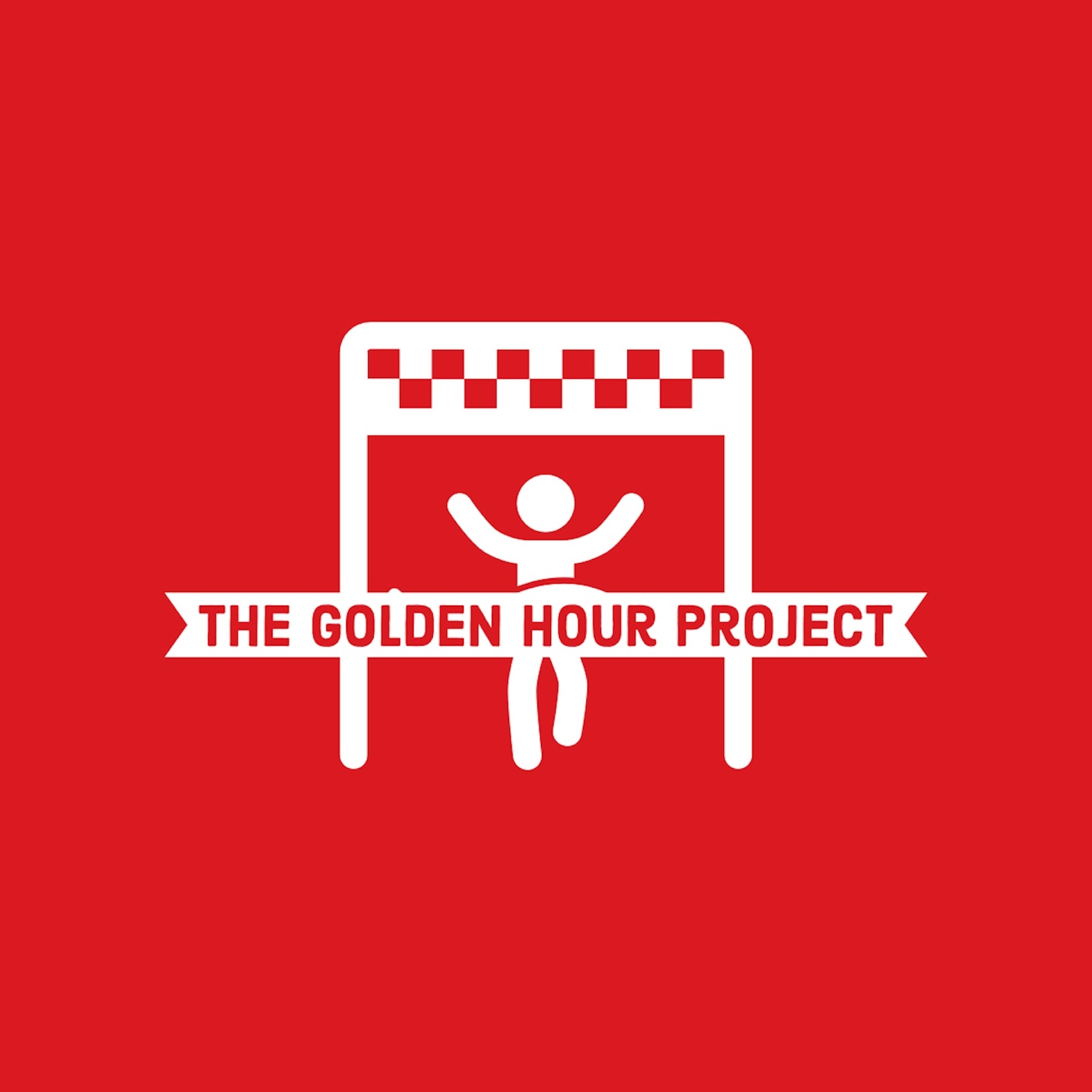
This is the Golden Hour Project. These are the stories not of those who finish first, but of those who out-last and out-endure everyone else.
There are plenty of interviews with those at the front of the race. Elite athlete wins race. Everything went well in their race. Nice. But where’s the drama in that?
No, these are the stories from the middle of the pack, and of those who finish in that last magical hour of the race.
These are the stories from The Golden Hour.
The Arc of Attrition is one of the UK’s major ultramarathons – with a 50 and 100 mile race along the southwest coastal path. These trails are rugged and exposed.
What makes this race different is that it takes place in the depths of winter, with short days and long nights. January normally sees this outcrop of England being lashed relentlessly by wind and rain
Bold is the person who chooses this as their first 50- or 100-miler.
Brave and numerous too are those who fail in their first or second attempt. And yet come back again and again until they finally get it done.
Tight cut offs at early aid stations mean the race traditionally has some of the lowest finisher rates of any major ultra.
This year some 362 people started the hundred mile race. The weather gods were kind. Gloriously sunny weather held until a brief wave of drizzle swept over in the final hours of the race late on Saturday night.
All leading to the comparatively high 60% finish rate in the 100 mile race – 217 finishers crossed the line in time.
Russel King was the final 100 mile finisher – out enduring everyone else in a shade over 35 hours 20 minutes – nearly 40 minutes ahead of the midnight cutoff.
No nail biting cutoff drama here – but countless others missed tight cut off times further down the course
Meanwhile 291 runners started the 50 miler with 222 reaching the finish.
The very last person over the line was Roy Linden, runner 689 who finished with less than three minutes to the official midnight cut-off.
But Roy had spent over an hour and a half helping an injured runner hobble miles back to the safety of an aid station. His time credit would see him jump 65 places up the finisher table.
Stopping to help an injured fellow competitor and still – just – making the official cut off time in the longest run he’d ever done.
When all’s said an done, isn’t that the ultimate victory of the race?

